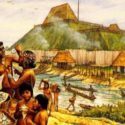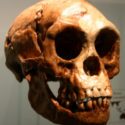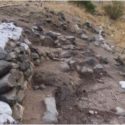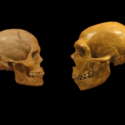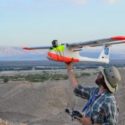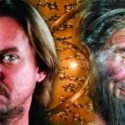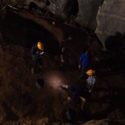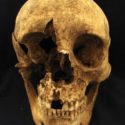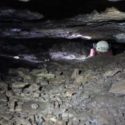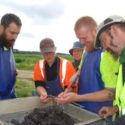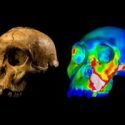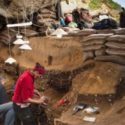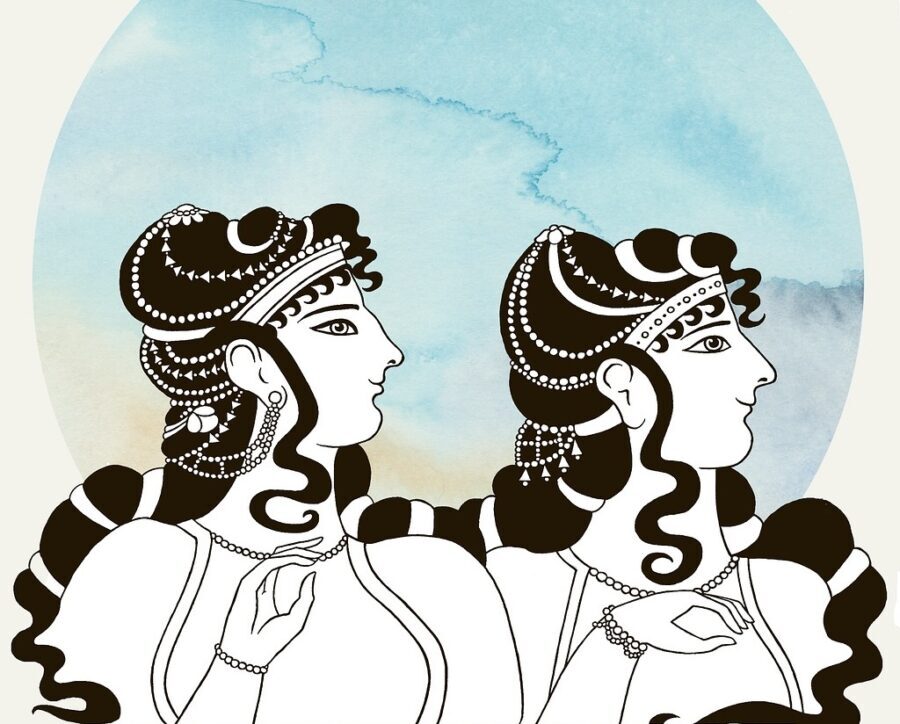Known today as Willow Court, its remains may yet reveal more about the hard and broken lives of the imported convict laborers of colonial Australia.
Scientists worked with aboriginal Australian communities to explore heritage.
Scientists reconstruct the environment in which early humans lived nearly 2 million years ago at Olduvai Gorge, Tanzania.
Fort engineers vitrified their structures by burning them, making them stronger for defense.
Medical examination of skull shows no support for Homo floresiensis as modern human.
Newly-excavated village in the Jordan Valley sheds light on the historical shift from foraging to agriculture, say Hebrew University of Jerusalem archaeologists.
First genetic evidence of modern human DNA in a Neanderthal individual.
Archaeologist travels the world, takes on 12 projects in 12 countries for 12 months.
Latest study confirms and expands on what scientists have suggested about the effect of Neanderthal DNA on modern humans.
The famous caves have yielded some new surprises, raising new questions related to human evolution.
Ancient immigrants to Rome included young children, men.
An exceptional archaeological discovery at Thorikos (Greece).
Drop in temperature following volcanic eruptions shaped history, suggest researchers.
Study shows Australopithecus sediba didn't likely consume hard foods.
Our early ancestors, Homo sapiens, managed to evolve and journey across the earth by exchanging and improving their technology.
Excavation of Qesem Cave in Israel reveals tortoises played a supplementary role in the diets of early humans 400,000 years ago.



